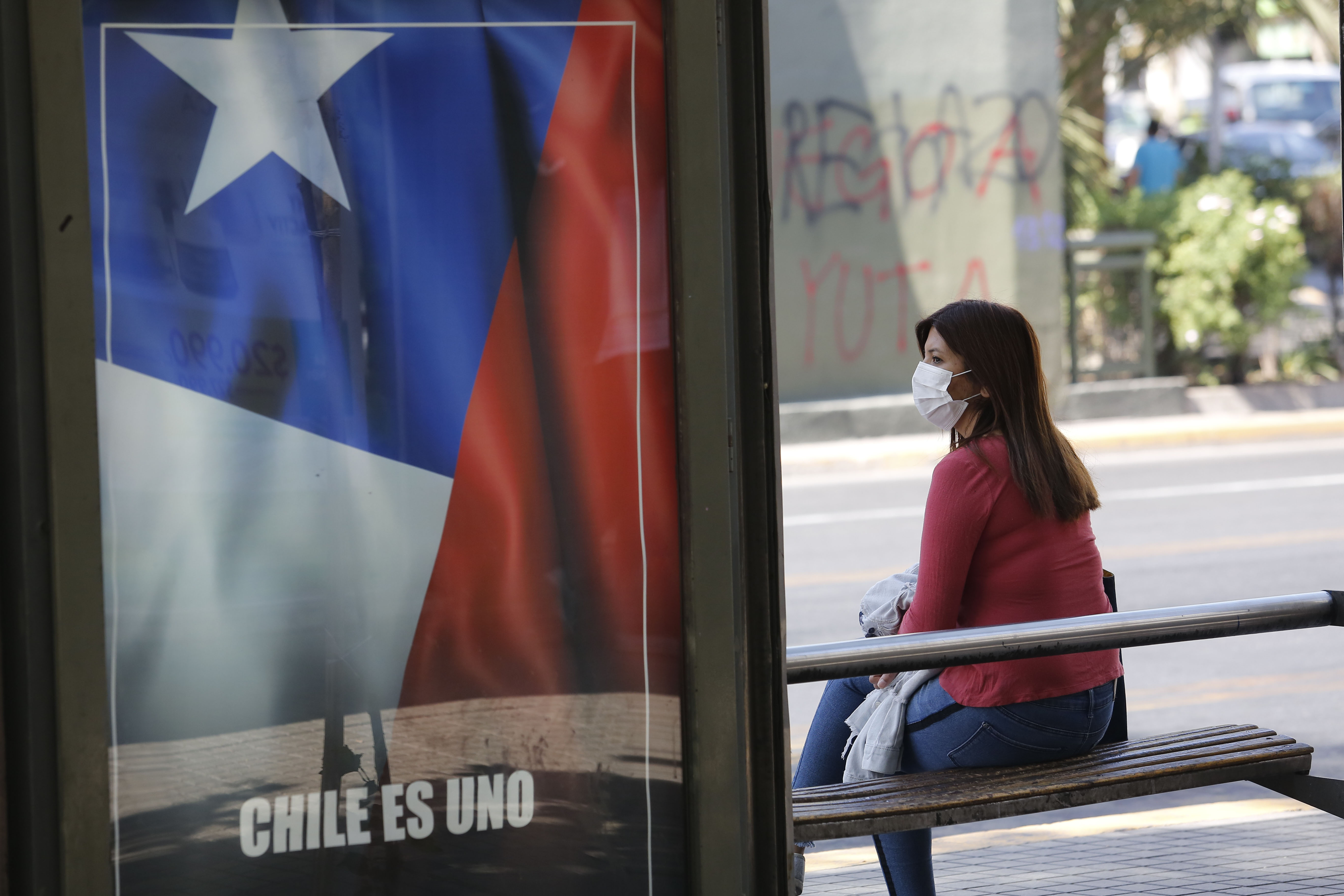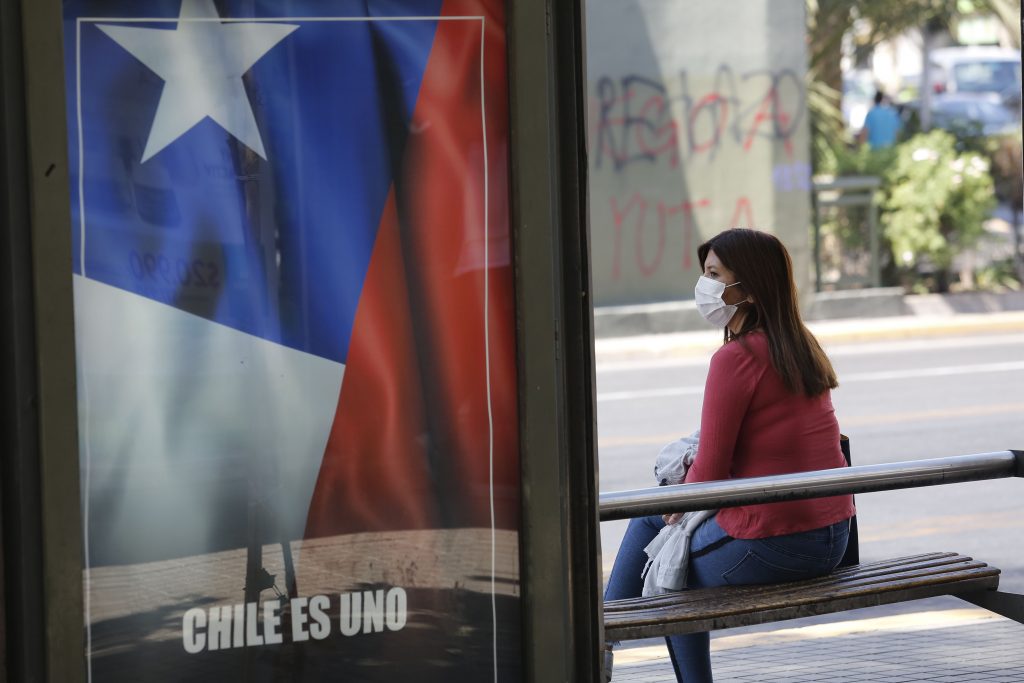While lockdown and shelter-in-place measures are still active around the world, some countries are starting to examine ways to slowly open their doors while preventing more contagion. In Chile, the government has reportedly decided to move forward with a controversial plan to issue “release certificates” for patients who have recovered from coronavirus. They are the first country to do so.
The rationale is that individuals that already had the virus have built up antibodies that could make them less susceptible to infection in the future. However, the World Health Organization published briefings that warn world leaders against adapting such certificates since there isn’t reliable proof that people can’t become sick with the virus again.
“Some governments have suggested that the detection of antibodies to the SARS-CoV-2, the virus that causes COVID-19, could serve as the basis for an ‘immunity passport’ or ‘risk-free certificate’ that would enable individuals to travel or to return to work assuming that they are protected against re-infection,” the briefing says. “There is currently no evidence that people who have recovered from COVID-19 and have antibodies are protected from a second infection.”
In a tweet, WHO also made sure to clarify that while antibody responses could provide some level of protection, they have no concrete data yet.
That hasn’t deterred Chile’s leaders.
“One of the things we know is that a person who has…lived through the disease is less likely to become ill again,” said Paula Daza, the sub-secretary of Chile’s Health Ministry, in a press conference on Sunday.
Still, she avoided the idea of an “immunity passport” and was deliberate about making it clear that the certificates won’t say people are immune to the virus.
“It is very important, and I want to reiterate, that we have not talked about an immunity card,” she said.
In the United States, the CDC has put together a phased plan that’s currently under review by the White House, according to the Washington Post. It describes guidelines under which schools, child care programs, restaurants and bars, and more could potentially operate, but it’s unclear what the final White House plan will look like and when it will begin.
For facets such as child care programs, the CDC recommends precautions such as continuing to promote hygiene practices, improving sanitation, ventilation and more. However, this is just one way to conceive a post-coronavirus society.




